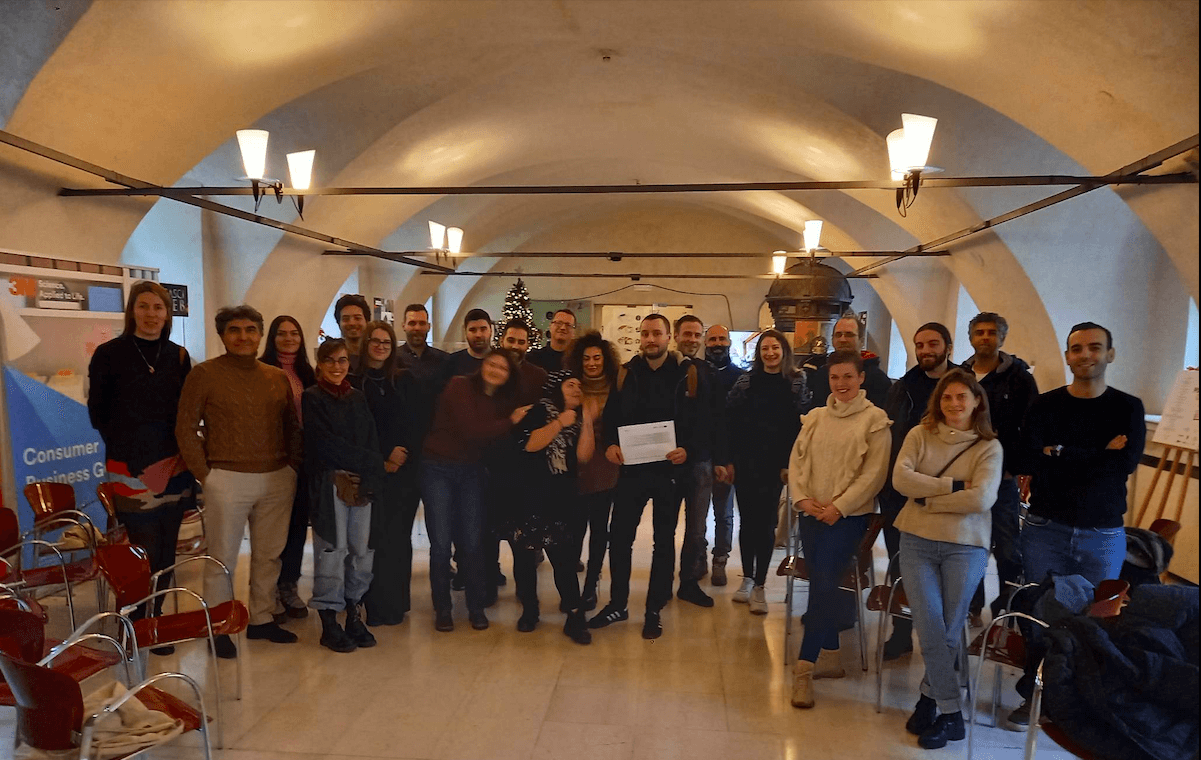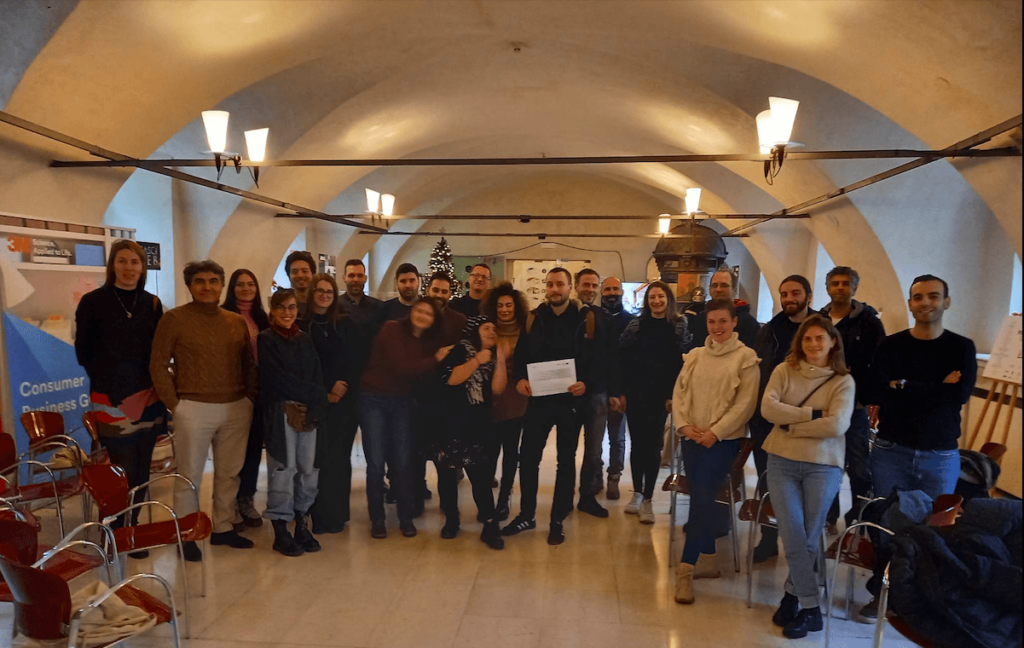Research on best practices on the use of digital tools in heritage management
The aim of the present preliminary research is to facilitate a better understanding of the relation between millennials and cultural heritage, as well as to analyze best practices of managing cultural heritage from partner countries. The findings of this research will be utilised for the development of a COOLTOUR digital platform aiming to promote the active involvement of Millennials for the creation of contents related to cultural heritage.
The analysis indicated that cultural heritage and tradition play a significant role in the decision-making process of millennials when selecting a travel destination. The most important pull factors for them are destination-oriented attributes like physical attributes of the destination, followed by socially oriented attributes such as cultural interactions, food, and history. This study also found that male millennials prioritize accessibility, while female millennials place importance on the architecture of a destination.
In terms of technology, millennials are highly familiar with new technologies and utilise digital services, with the majority of the participants stating that they use digital platforms to obtain information prior to visiting a cultural heritage site. Google Maps, Trip Advisor, Booking, Facebook, and Instagram are the most commonly used platforms. Additionally, there is a growing interest in the importance of digital applications such as digital storytelling and augmented reality in cultural heritage sites.
The research concludes that modern communication methods such as digital platforms play an important role in promoting cultural heritage. However, communication professionals should leverage innovative methods of communication, such as user-generated content, to effectively engage with audiences. This preliminary research highlights the importance of evaluating COOLTOUR’s digital platform by a group of carefully selected millennials to ensure its successful implementation.
Read the full paper here: Research on best practices on the use of digital tools in heritage management.



